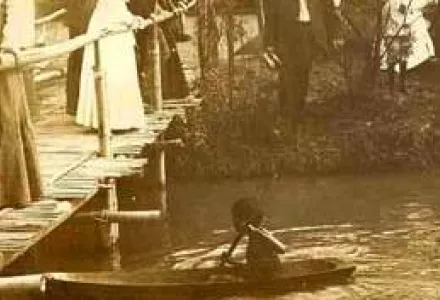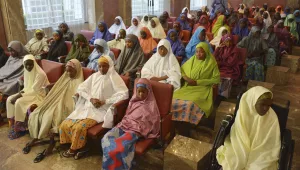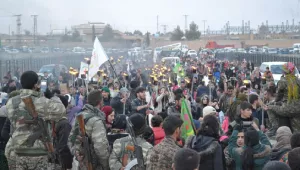Sacred Empire: American Missionaries and Filipino Muslims, 1898–1913
When the United States took administrative and military control of the Philippines after the Spanish-American War of 1898, they created a "Moro Province" to govern all Filipino Muslims. Although this province grouped together thirteen different cultural-linguistic groups, Islam was the sole factor uniting these peoples; religious identity was the primary tool of classification for U.S. government officials. The colonial government subjected the Moro Province to a unique set of laws, which they believed necessary to regulate Muslims' exceptional character traits. American missionaries became crucial actors influencing U.S. policy with regards to the governance of Filipino Muslims, demonstrating the importance of nongovernmental organizations in shaping U.S. policy.
Please join us! Coffee and tea provided. Everyone is welcome, but admittance will be on a first come-first served basis.




